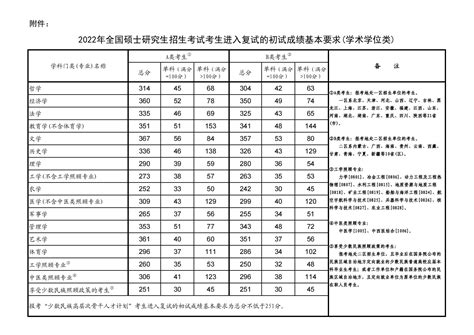Before diving into writing, it's essential to understand the purpose of your paper. Are you presenting original research, conducting a literature review, or analyzing existing theories? Clarifying your objectives will guide your writing process.
8. Formatting and Presentation:
7. Revising and Editing:
Literature Review (if applicable): Surveys existing literature relevant to your topic, highlighting gaps or controversies.
Revision is an integral part of the writing process. Review your paper for coherence, logical flow, and clarity of expression. Edit for grammar, spelling, and punctuation errors. Consider seeking feedback from peers or mentors to improve the quality of your paper.
Thorough research forms the backbone of any academic paper. Utilize reputable sources such as scholarly journals, books, and academic databases. Take comprehensive notes and organize your research material for easy reference.
Before submitting your paper, thoroughly proofread it to ensure accuracy and polish. Check for typos, formatting inconsistencies, and citation errors. It may be helpful to read your paper aloud or enlist the help of a peer for fresh perspectives.
Methodology: Describes the research methods and techniques employed in your study.
Conclusion: Summarizes the main points of the paper, restates the thesis, and suggests avenues for future research.
Discussion: Analyzes and interprets the results, addressing the significance of your findings and their implications.
Results: Presents the findings of your research or analysis.
Maintain a formal tone throughout your paper, avoiding colloquial language and contractions. Use clear and concise language to convey your ideas effectively. Pay attention to grammar, punctuation, and sentence structure.
10. Seeking Feedback:
Proper citation is crucial for acknowledging the sources of your information and avoiding plagiarism. Follow the citation style specified by your academic institution or discipline (e.g., APA, MLA, Chicago). Ensure consistency in formatting and accuracy of citations.
2. Conducting Research:
6. Citations and Referencing:
An academic paper typically consists of the following sections:
Title: Crafting an Effective Academic Paper in English
Your thesis statement encapsulates the main argument or central idea of your paper. It should be concise, specific, and debatable. Ensure that your thesis statement is supported by evidence gathered during your research.
In conclusion, writing an academic paper in English requires careful planning, meticulous research, and attention to detail. By following these guidelines and refining your writing skills over time, you can effectively communicate your scholarly contributions and engage with the academic community.
5. Writing Style and Tone:
Writing an academic paper in English requires a structured approach to effectively communicate your ideas, research findings, and arguments. Whether you are a novice or an experienced researcher, mastering the art of academic writing is crucial for conveying your message clearly and persuasively. Here is a comprehensive guide on how to craft an effective academic paper in English:
9. Proofreading:
Introduction: Provides background information, states the purpose of the paper, and presents the thesis statement.
Don't hesitate to seek feedback from professors, colleagues, or writing tutors. Constructive criticism can help you identify areas for improvement and refine your paper further.
3. Developing a Thesis Statement:
1. Understanding the Purpose:
4. Structuring Your Paper:

Adhere to the formatting guidelines provided by your instructor or publisher. Pay attention to margins, font size, line spacing, and page numbering. Include a title page, abstract (if required), and a list of references.
Now, go ahead and start crafting your masterpiece!











